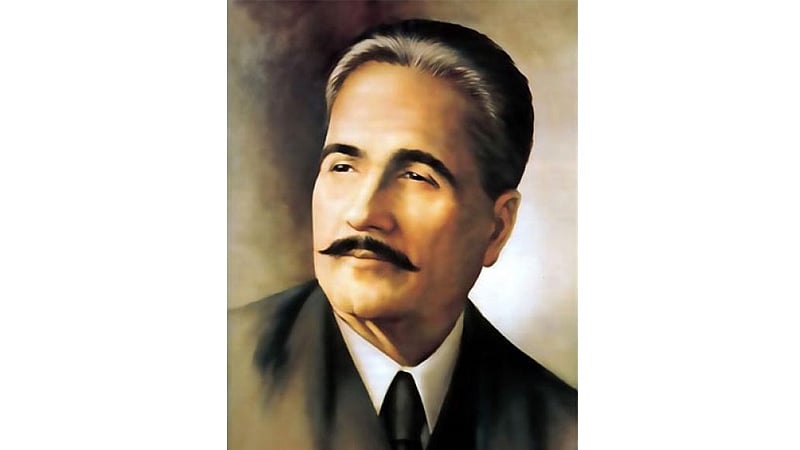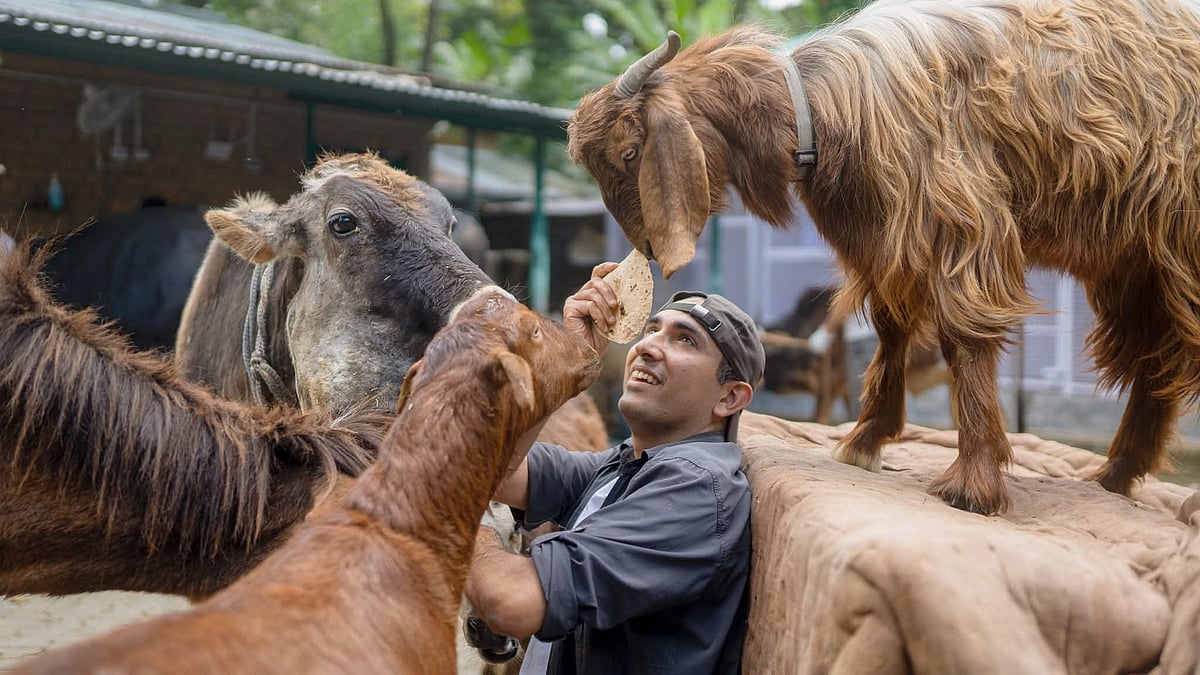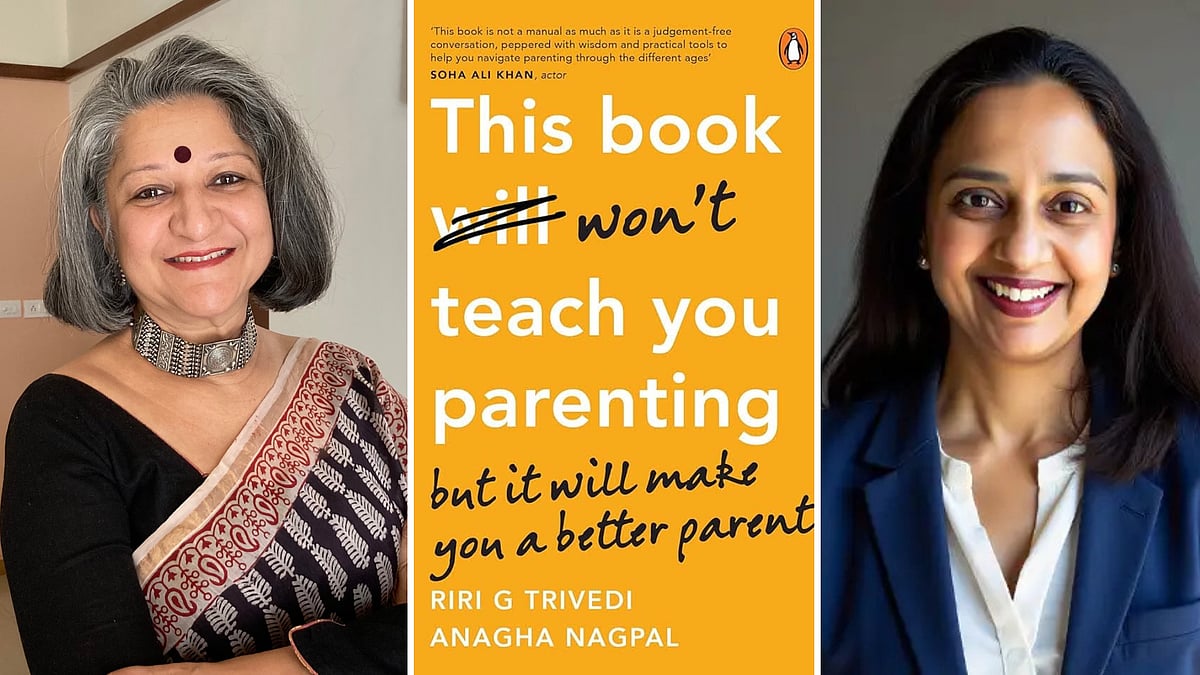Nearly a fortnight ago, a senior professor and writer of Hindi at a college in Delhi wrote in a Hindi daily, “Reading and understanding Iqbal's oeuvre anew has become all the more relevant in this age of increasing intolerance”.
Ironically, a few days later, a Headmaster of a government school in Uttar Pradesh’s Pilibhit was suspended following a complaint by the local Vishwa Hindu Parishad (VHP) and Bajrang Dal leaders that students were singing Lab pe aati hai dua banke tamanna meri in the morning prayers.
The poem Lab pe aati hai dua was written in 1902 by Mohammad Iqbal, also known as Allama Iqbal, who also wrote the famous lines — “Sare jahan se achcha Hindustan hamara”.
These are indeed strange, nay intolerant, times we are living in. That Iqbal’s innocuous poem is being branded as sectarian is a clinching proof of our collective intolerance towards an individual, his faith and also ‘his’ language, i.e. Urdu.
Agreed, towards the fag-end of his life, the great Muhammad Iqbal tilted towards Islam and also yielded to the clamour for a separate country for Muslims, his mainly non-religious, non-sectarian and also non-ideological poetry still remains as relevant as it was a century ago.
To Muhammad Iqbal, poetry is no less than prophet-hood. He stated in Persian, ‘Shayari payambari ast’ (Poetry is a veritable prophet-hood in Zarb-e-Kaleem).
That’s why, when you read his works in Persian and Urdu, you don’t feel as if you are reading a poet’s poetry, you feel, empathise and ultimately get immersed into the ocean of sublimity: Yaa jazib ke samandar-e-nishaat/ Mee munbilab vajood ast hayaat (My poetry is an ocean of bliss/ I believe in the oceanic expansion of human self-existence).
Sub-continental readers, not understanding Iqbal’s high-falutin Persian and exquisite Urdu, must read his poetry along with the works of Lebanese-American poet-mystic Kahlil Gibran (who wrote ‘The Prophet’), for, both the visionaries went beyond their faith and talked of universal values.
It was Iqbal, who learnt Sanskrit and Pali alongside Persian, Arabic and Urdu and wrote in Sanskrit (yes, the polyglot genius knew Sanskrit like a native scholar) at the age of 18: Prityartham manushyartham devapi kitham (Human is the epitome of excellence and god himself).
Influenced by Dr Matthew Arnold, Victorian poet-critic, Dr Edwin Arnold, the author of Ashvaghosh’s Buddhacharita, Dr Thomas Arnold, the professor of Philosophy at Lahore University, Jalaluddin Rumi (Iqbal called him his spiritual master: Ruhani ustaad) and Friedrich Nietzsche, the maverick nihilist; Iqbal imbibed their philosophies and internalised it into his spiritual self.
Arnold expanded Iqbal's vision and made him see beyond all man-made faiths. From Rumi, he learnt the art of the sublimation of self and Nietzsche gave him the concept of Ubermensch (German for ‘Superman’). How many people are aware that the great Iqbal was the first philo-linguist who questioned the validity of writing ‘god’ as ‘God’ with upper case!
Read his English manuscripts and you will be surprised to see that nowhere Iqbal wrote ‘god’ in upper case. He argued: By writing ‘god’ in upper case, we create a distance between the humans and god that remains unbridgeable.
Iqbal was forever in search of a new man: Justajoo-e-insaan-e-nau hai/Purane insaan mein kya mizou hai? (There’s a constant quest of a New Man/What’s left in an antiquated human? — Javednama, page 36)
In a speech at Oxford in 1926, Iqbal exhorted the students: Become humans, don’t exist like neanderthals. Elsewhere he writes: Insaan ban ke dikha/Uns se labrez hai dil tera (Be a human/Your heart is full of love). It’s worthwhile to mention that the Arabic word ‘insaan’ originated from ‘Uns’ (embedded love). So, Insaan is: One who’s intrinsically endowed with love.
Iqbal may have supported the idea of Pakistan in its embryonic stage, his vision was universal: Jaise falak ka na koi ore-chhor/ Meri nazar mein hai woh shiqzor (Just like the boundless firmament/ My vision is also unlimited; Shiqzor, Archaic Persian for boundlessness). Religion as a divisive force was never Iqbal's cup of tea: Mazhab nahin sikhata aapas mein bair rakhna...It was Iqbal who said this.
What appealed to Iqbal was the supremacy of the self: Khudi ko kar buland itna ke har taqdeer se pahle/Khuda khud tujh se poochhe bata teri raza kya hai (Sublimate and heighten your self in such a lofty manner that the god himself shall ask you before quantifying your fate that you had better suggest what you want!). Iqbal, like Fariduddin Attar (the putative master of Rumi), believed that the Persian word ‘khudi’ for self gave the word ‘khuda’ (god).
Lastly, Iqbal gave the word Shivala (for a temple) to Urdu/Persian and the word is now used in Arabic/Turkish as well. Derived from Shiv: The primordial god (Aadi Dev) in Hindu pantheon, Shivala is now a synonym of a temple in Urdu/Hindi.









